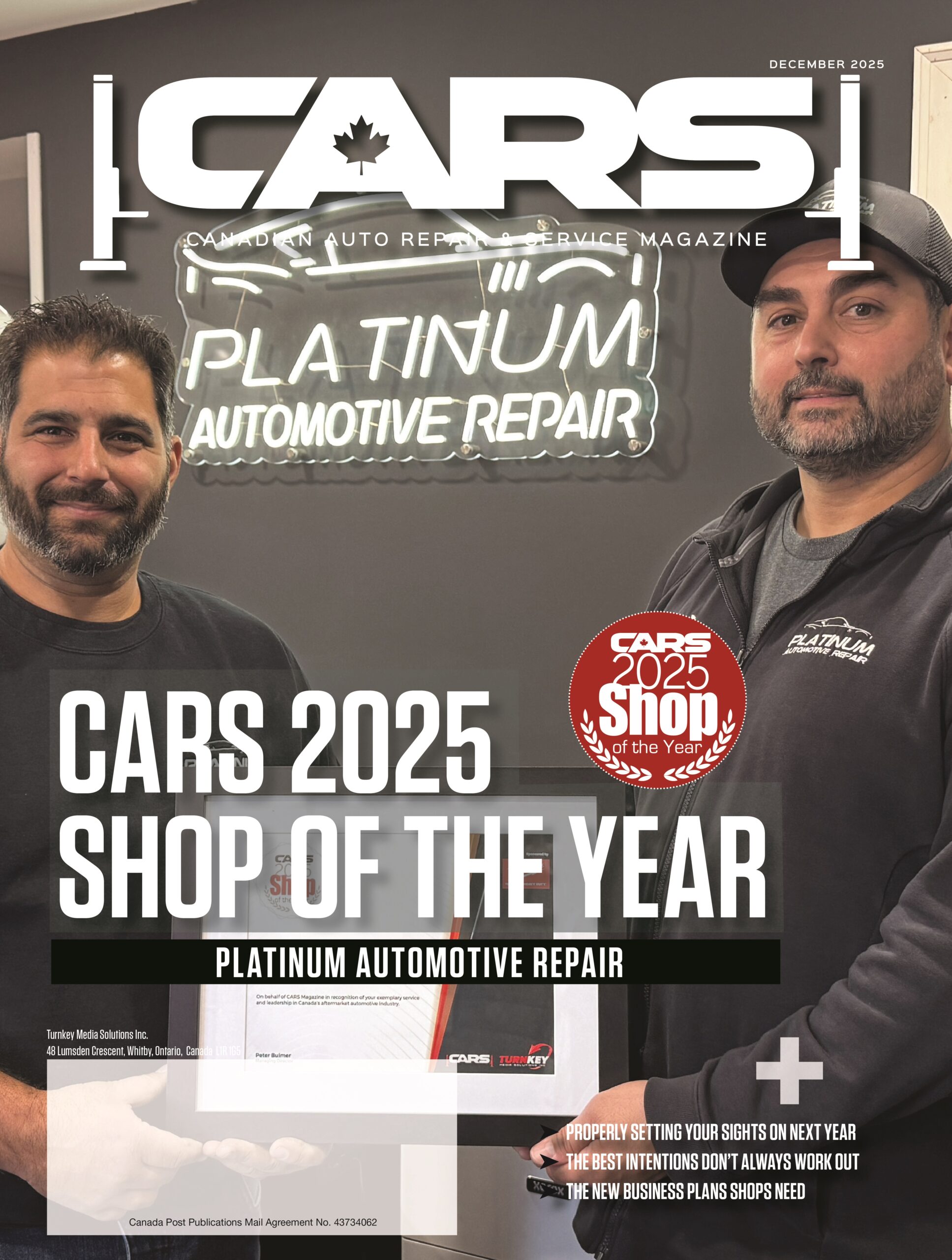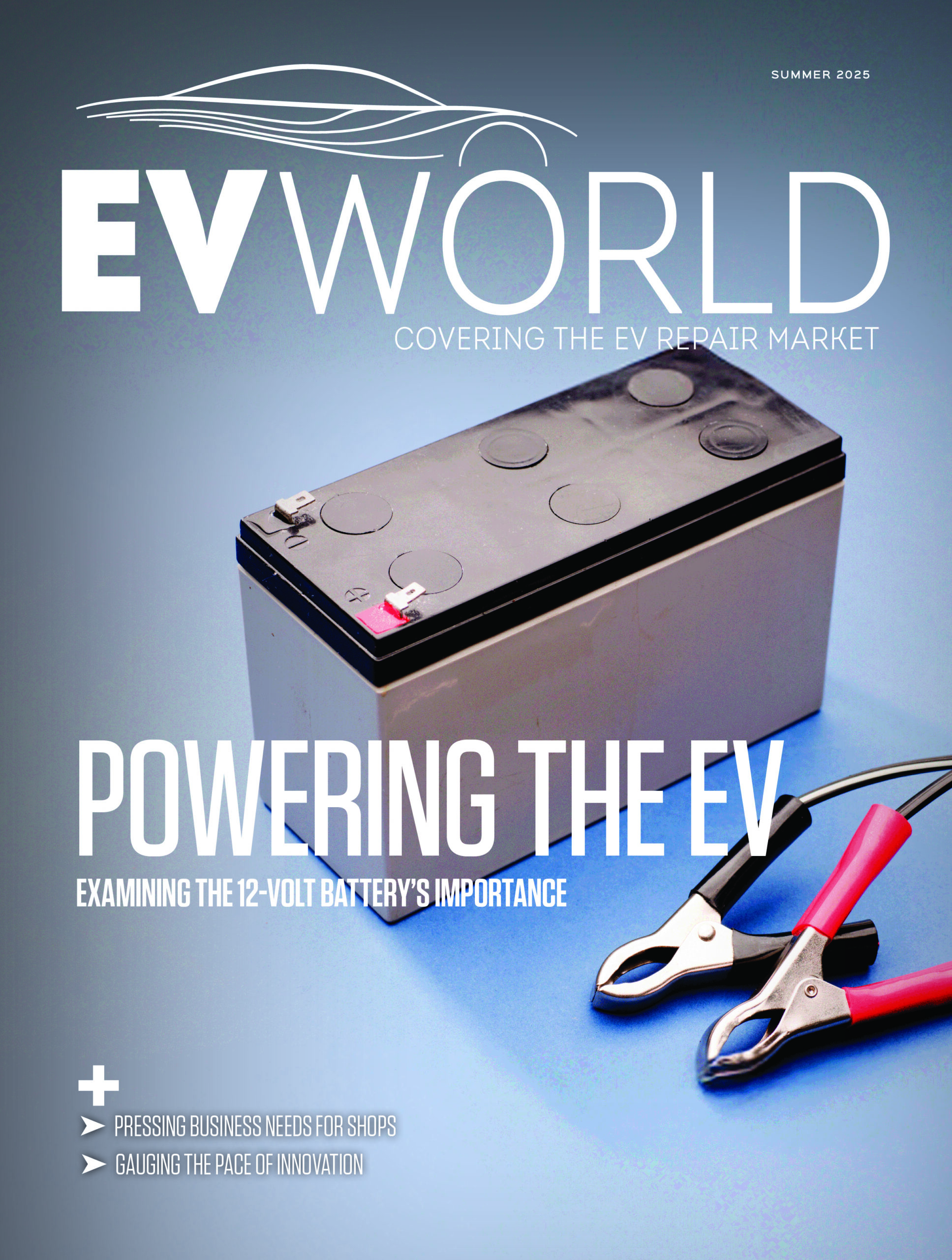
As economic challenges persist, consumers are increasingly opting for cheaper alternatives in the automotive aftermarket, a trend known as “buying down.”
Nathan Shipley, executive director and industry analyst with Circana’s automotive aftermarket practice, highlighted this shift during his presentation “Aftermarket Outlook 2025” at AAPEX last fall.
Shipley explained that while some consumers are researching places for lower prices, this doesn’t always lead to changing suppliers. Instead, there is significant channel shifting and a reduction in the number of products purchased.
“We’re seeing maintenance deferral, especially among lower-income households,” Shipley noted. “Oil changes, AC system recharges, wiper blades, and tires are among the items consumers are delaying.”
When asked which categories consumers are trading down in, tires topped the list, followed by cleaning products, appearance chemicals, wipers and motor oil.
Shipley elaborated on the tire market, explaining how brands are categorized into tiers from one to four, from highest to lowest.
“We’ve seen Tier 4 brands overtake Tier 1 brands in terms of their unit share,” he observed. “A tire purchase is infrequent, but if consumers have a positive experience with a lower-tier brand, it could influence their future buying decisions.”
Shipley emphasized the importance of monitoring these trends. “It will be interesting to see if consumers revert to higher-tier brands once economic conditions improve, or if they stick with the cheaper options.”
The trend of “buying down” reflects the broader economic realities facing consumers and its impact on the automotive aftermarket. As prices rise, consumers are making strategic decisions to manage their expenses. This includes delaying non-essential maintenance and opting for private label or lower-tier products.
“We know that with lower-income households especially, there’s maintenance deferral that goes on during economic times like we’re in. We’ve seen it in the past, and we’re seeing it now,” Shipley said.
Shipley also pointed out that this trend is not limited to tires. “Cleaning products, appearance chemicals, wipers, and motor oil are also categories where we’re seeing consumers trade down,” he said.
This shift, he added, is driven by the need to stretch budgets further during tough economic times.
Looking ahead, Shipley suggested that the long-term impact of this trend remains to be seen.
“It will be interesting to watch if consumers go back to higher-tier brands once the economy improves, or if they continue to opt for cheaper alternatives,” he said.
Image credit: Depositphotos.com
Related Posts
Comments
-
Its our job to assist our customers in making educated decisions in these matters. We need to be reminding them that inexpensive tires, in addition to being less effective and safe, wear much quicker and will actually be more expensive in the longer term, while reducing safety. It is important to ask the client their long term plans for the car. If they’re watching pennies, chances are they want their existing car to last as long as possible – which means extending maintenance intervals and substituting cheaper products is counterproductive. In my experience, assuming that their vehicle is in somewhat decent condition, explaining that proper maintenance and repair is cheaper than vehicle replacement has been successful. This is also where it becomes very beneficial to have built a good and well educated client base, with a certain amount of trust involved. “The cheapest car to own is the one you already have” is a great line that sums it up pretty accurately.
-
What is a non essential maintenance item? Maybe a digital vehicle inspection?













Leave a Reply